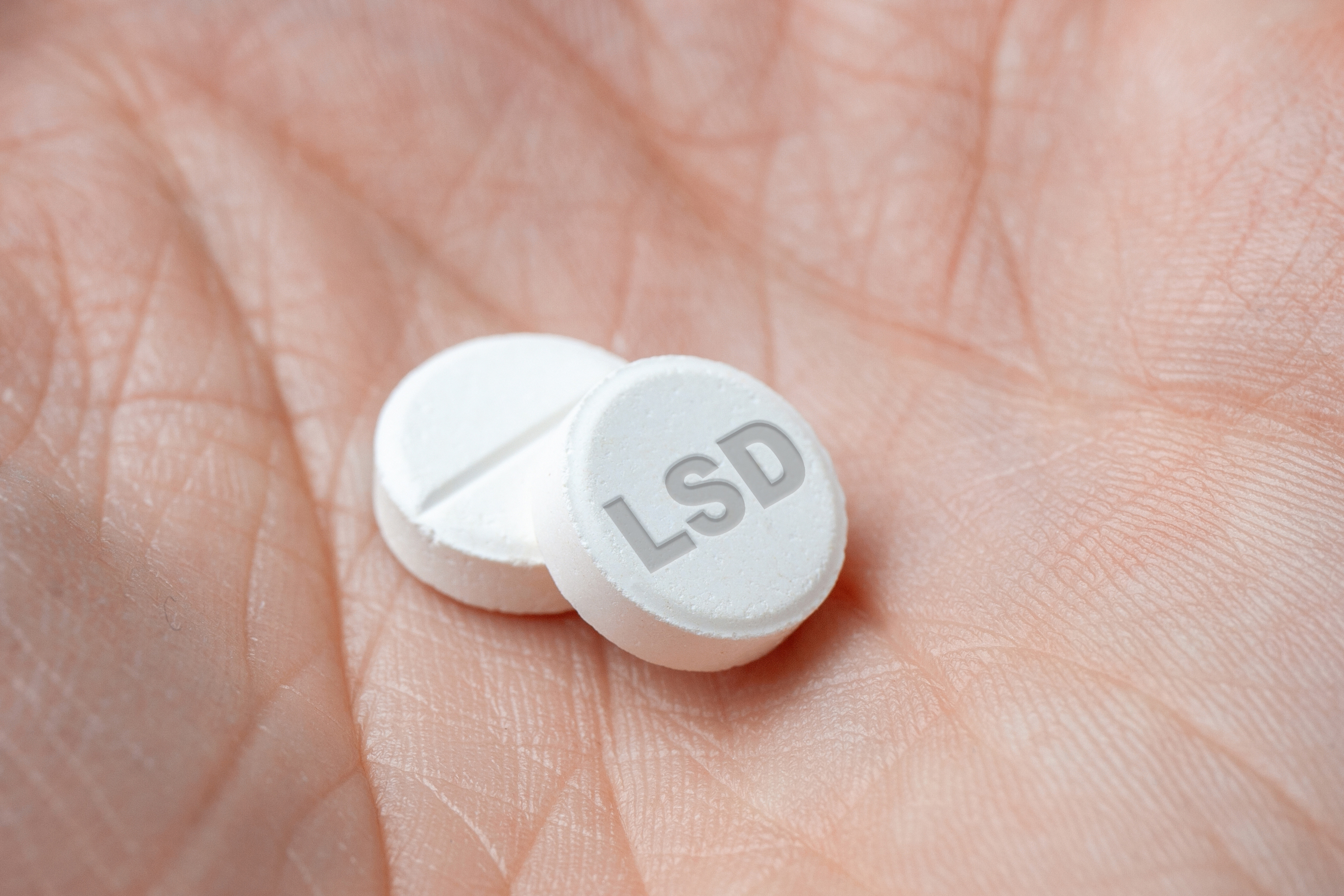Findings from the Global Drug Survey study, a project collaborated on by The University of Queensland’s Associate Professor Jason Ferris, reveals some Australians are turning to psychedelic drugs to self-treat mental illness and emotional distress.
Of the 110,000 respondents worldwide, 6,500 people reported underground self-treatment, with LSD, MDMA (ecstasy) and psilocybin (magic mushrooms) most common.
The Therapeutic Goods Administration does not currently recognise MDMA and psilocybin as legitimate medicines to treat psychiatric conditions but this could change, depending on clinical trial results.
Dr Ferris said there was growing evidence of the potential benefit of psychedelics, such as psilocybin, as a treatment option for mental health.
“The 2020 Global Drug Survey asked an international sample of people who use drugs about their use of psychedelics and looked at patterns of use relating to self-treating mental illness,” Dr Ferris said.
“A number of psychedelic drugs were identified as being used to self-treat mental health but LSD, MDMA and magic mushrooms (or psilocybin) where the main psychedelics used. Other drugs included ketamine, ayahuasca, DMT and Peyote.”

The head of the Australian arm of the survey, RMIT University’s Dr Monica Barratt, said the findings remind us people are already using psychedelics as a DIY mental health treatment, and that we need to address that reality.
“As Australia awaits the progress of clinical trials of these substances for mental health conditions, we need to recognise the demand for them is increasing and this demand may end up being filled outside of the medical setting,” Barratt said.
Barratt said mental health professionals had an important role to play in supporting people who use unapproved treatments – but to do so they needed to be appropriately trained to help those who self-treat.
“Accredited training for psychiatrists, psychologists and social workers to do preparatory and integration sessions to help support people who take underground psychedelics for self-treatment may help bridge the gap,” she said.
“Despite being an underground therapy, most people reported having mental health and medication screening before taking unapproved drugs.
“However, only half of the sample reported a preparatory or an integration session – crucial aspects of the clinical model of psychedelic assisted psychotherapy currently being officially trialled.
“While this data cannot replace that from clinical trials, the survey found supervised psychedelic sessions were rated highly – 86% reported the session was helpful, while 1% said things got worse.”
The University of Queensland’s Dr Cheneal Puljević, one of the researchers and contributors of Global Drug Study publications, said for those using psychedelics to self-treat mental health, the most common mental health conditions were depression, anxiety and trauma or PTSD.
“A few people reported using psychedelics to help with substance use disorders or OCD,” Dr Puljević said.
Using psychedelics for self-treatment is not without risk – 4.2% of respondents who used them reported visits to the emergency department.
Compare that to the 1% of respondents who sought emergency medical treatment after using ‘common’ psychedelics – such as LSD and mushrooms – recreationally.
The Global Drug Survey, which runs the largest drug survey in the world, is an independent research organisation based in London.
The annual survey was conducted with more than 110,000 respondents from 25 countries in late 2019, with 10% of the sample coming from Australia.
It was co-led by Dr Monica Barratt of RMIT University and Professor Adam Winstock of University College London, in collaboration with Associate Professor Ferris.
The Global Drug Survey is currently seeking participants, including people who only drink alcohol. Please contribute your perspective here.
The latest Global Drug Survey results will be released Friday 5 March.
Media: Associate Professor Jason Ferris, j.ferris@uq.edu.au; Dr Monica Barratt, monica.barratt@rmit.edu.au; Aeden Ratcliffe: aeden.ratcliffe@rmit.edu.au; Faculty of Medicine Communications, med.media@uq.edu.au, 3365 5118, 0436 368 746.



